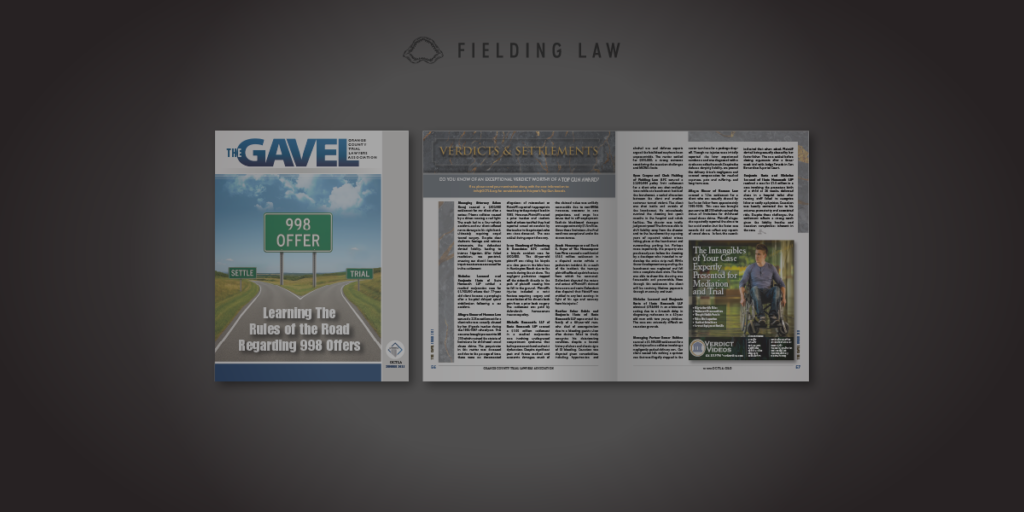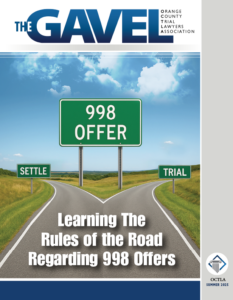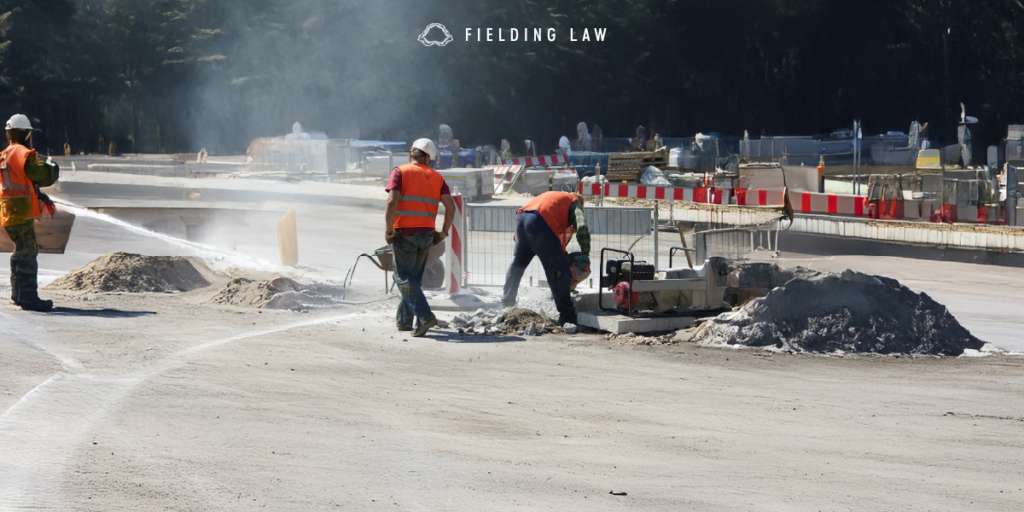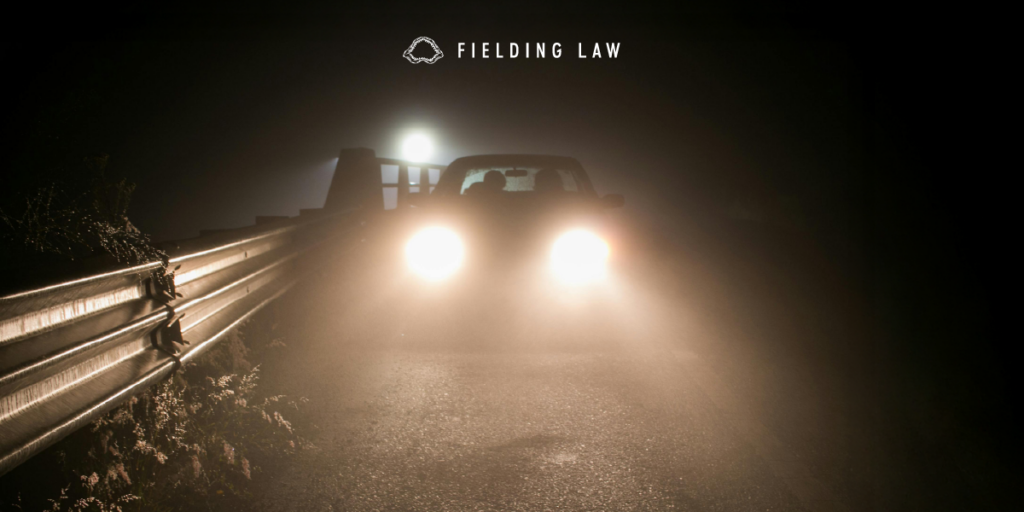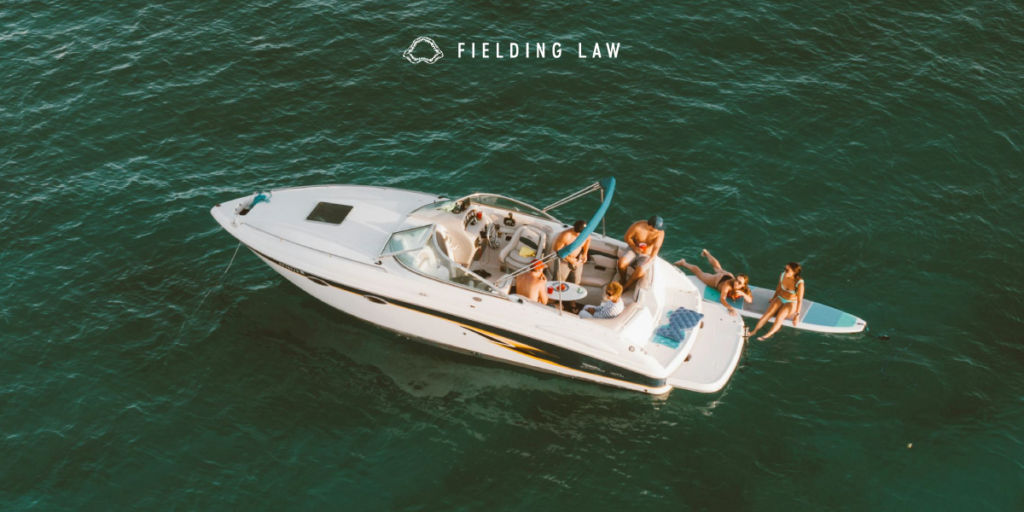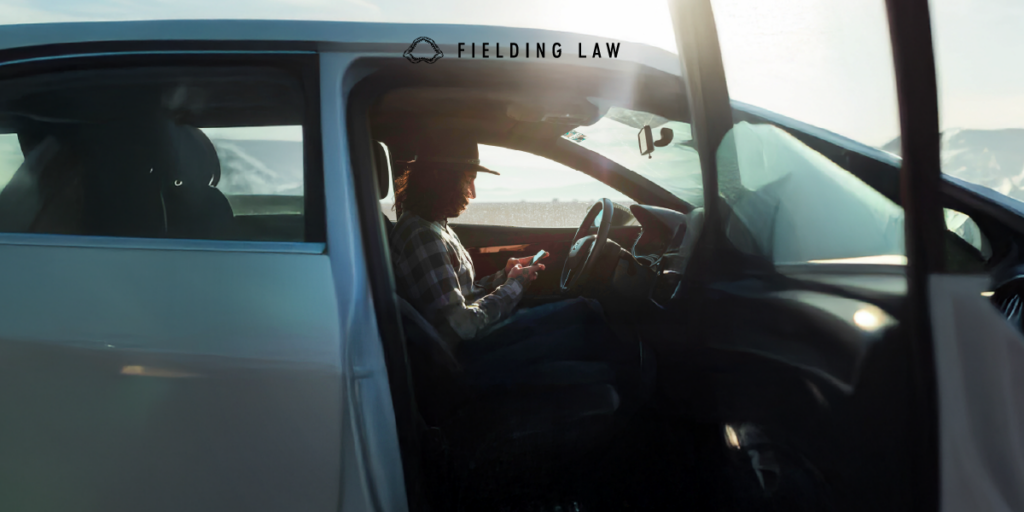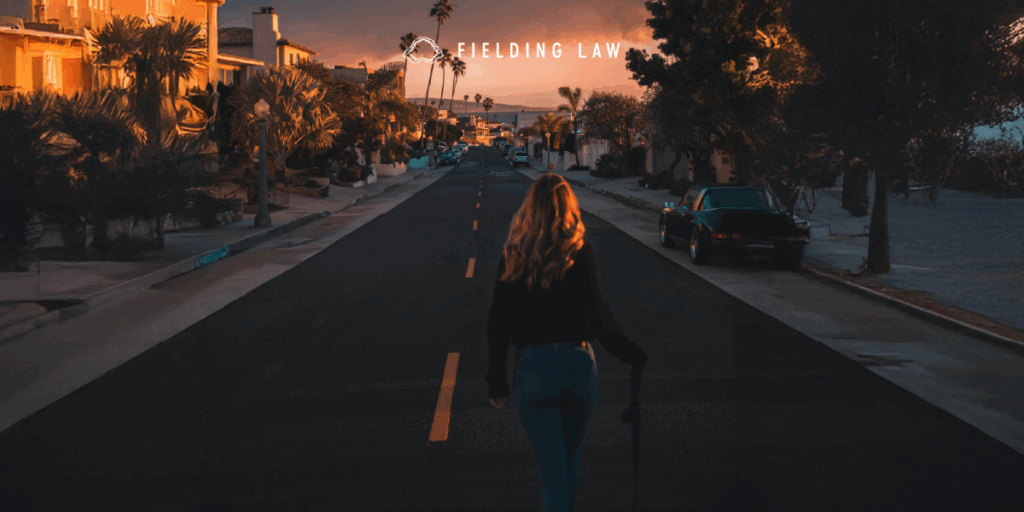
According to KTLA, Instagram personality Ben Bruno recently posted a video of a Beverly Hills street where at least 22 people were posing in the middle of traffic. Vehicles slowed or stopped as influencers turned a public street into a photo backdrop.
While it may look entertaining online, standing in an active roadway is extremely dangerous. Roads are meant for vehicles and safe pedestrian crossings, not for photo sessions. When those rules are ignored, an influencer street accident can occur with serious injuries or worse.
Why This Behavior Creates Risk
Influencers and onlookers may not realize the danger of blocking traffic. Drivers cannot always anticipate sudden obstacles in the road. Common risks include:
-
Higher chance of pedestrian collisions
-
Drivers swerving to avoid crowds and causing new crashes
-
Slower access for emergency vehicles
-
Distraction from cameras, lights, and unusual activity
Even a single mistake can cause catastrophic injury.
Who Could Be Liable in a Collision
If a driver struck someone blocking the street, several parties could face responsibility.
The influencer or organizer
Directing people into a street may be considered negligent. Organizers can be held responsible for creating unsafe conditions that could lead to an influencer street accident.
The participants
Those posing in the road may share fault for their own injuries. California and Arizona follow comparative negligence rules, which allow liability to be divided among multiple parties.
The driver
A driver who was speeding, distracted, or failing to follow traffic laws could also be found at fault.
The city
In limited cases, the city might share liability if poor signage, lighting, or lack of enforcement contributed to the danger. Government liability is often difficult to prove.
The Legal Risks of Dangerous Content
Influencers may underestimate the legal and financial consequences of content created in unsafe places. Blocking a public street can result in fines, civil lawsuits, or criminal charges. Insurance companies may deny coverage if conduct is reckless or illegal.
For drivers, these situations create unfair risk. Even a careful driver may face a costly legal dispute if they hit someone standing in the road, creating an influencer street accident scenario.
Why Hire Fielding Law
If you or a loved one has been injured, you need guidance from an experienced accident lawyer. Fielding Law has helped thousands of injured people in California and Arizona with compassion, professionalism, and determination. Our team will investigate your case, determine liability, and pursue the compensation you deserve.
Call 833.88.SHARK today to schedule a free consultation with Fielding Law.
Note: Information provided is for educational purposes and does not constitute legal advice. Always consult with a qualified attorney for legal concerns.
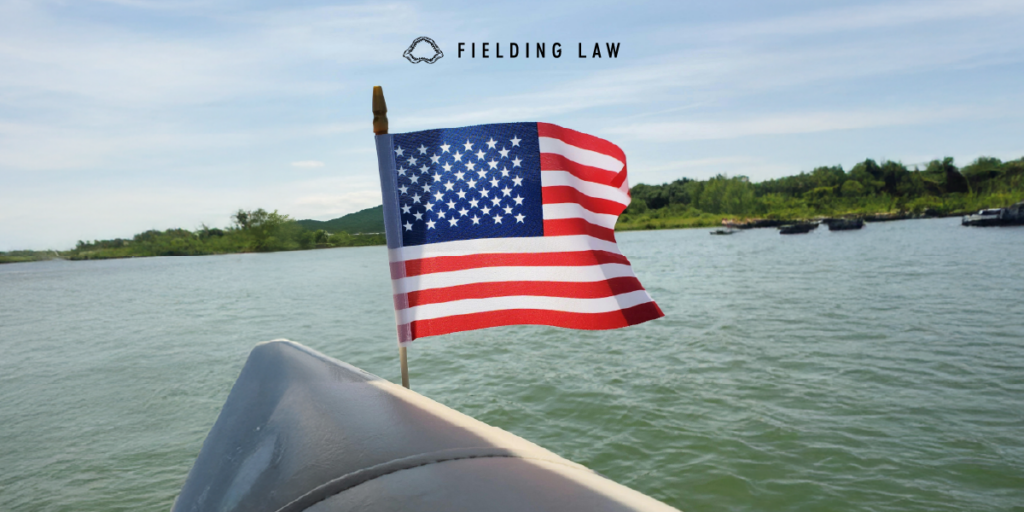
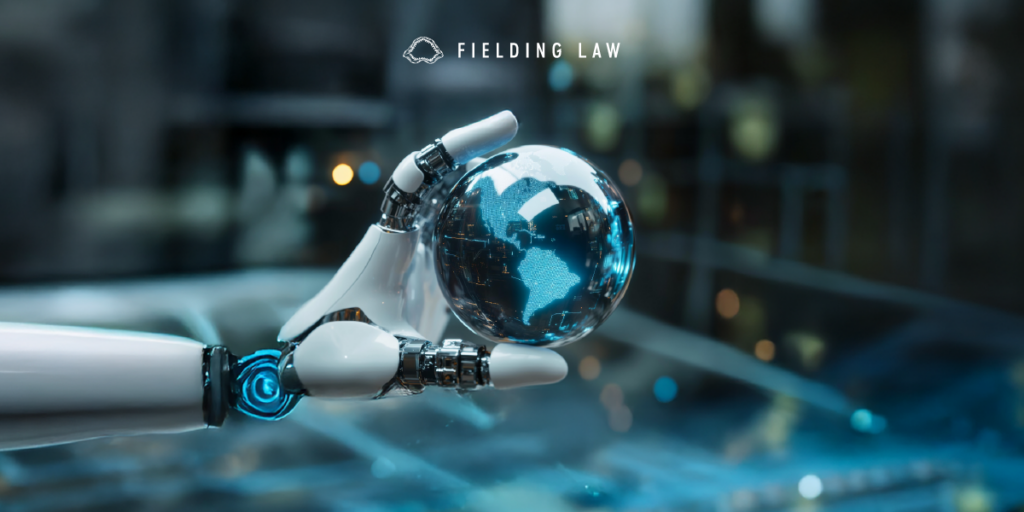
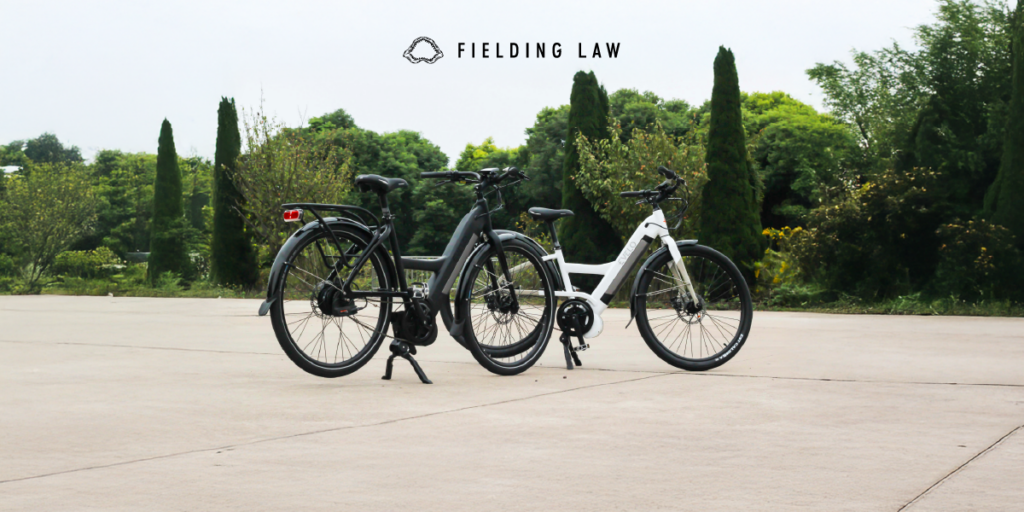
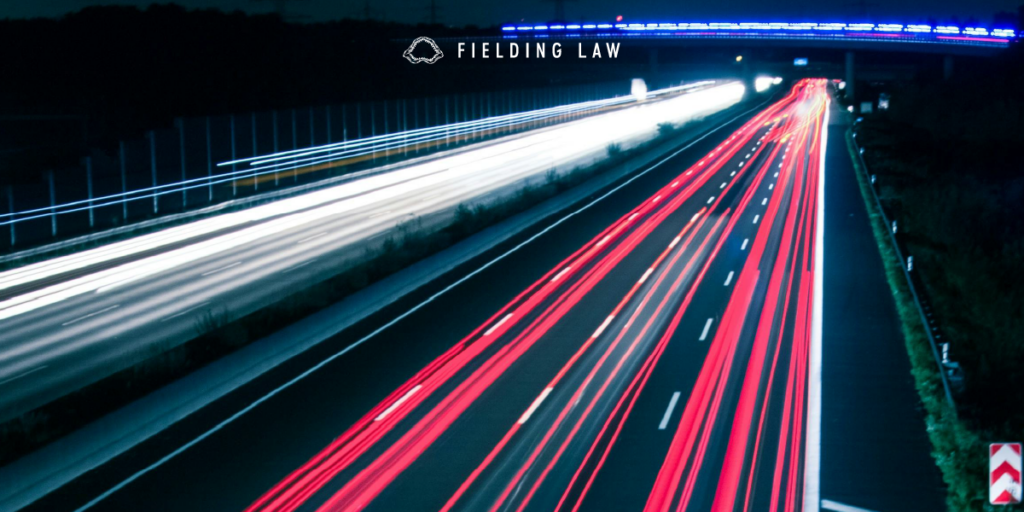
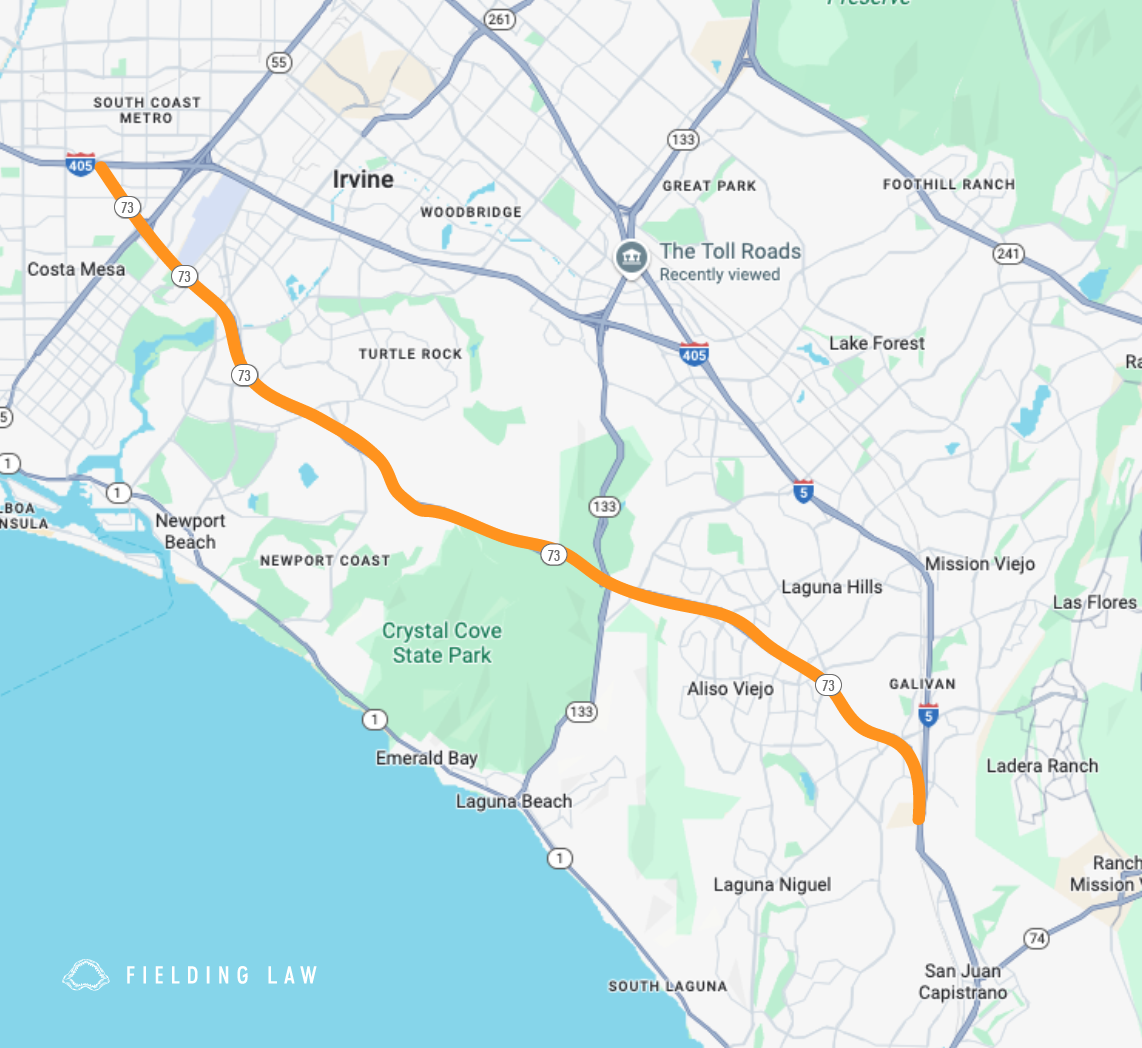 A Growing Problem in Orange County
A Growing Problem in Orange County